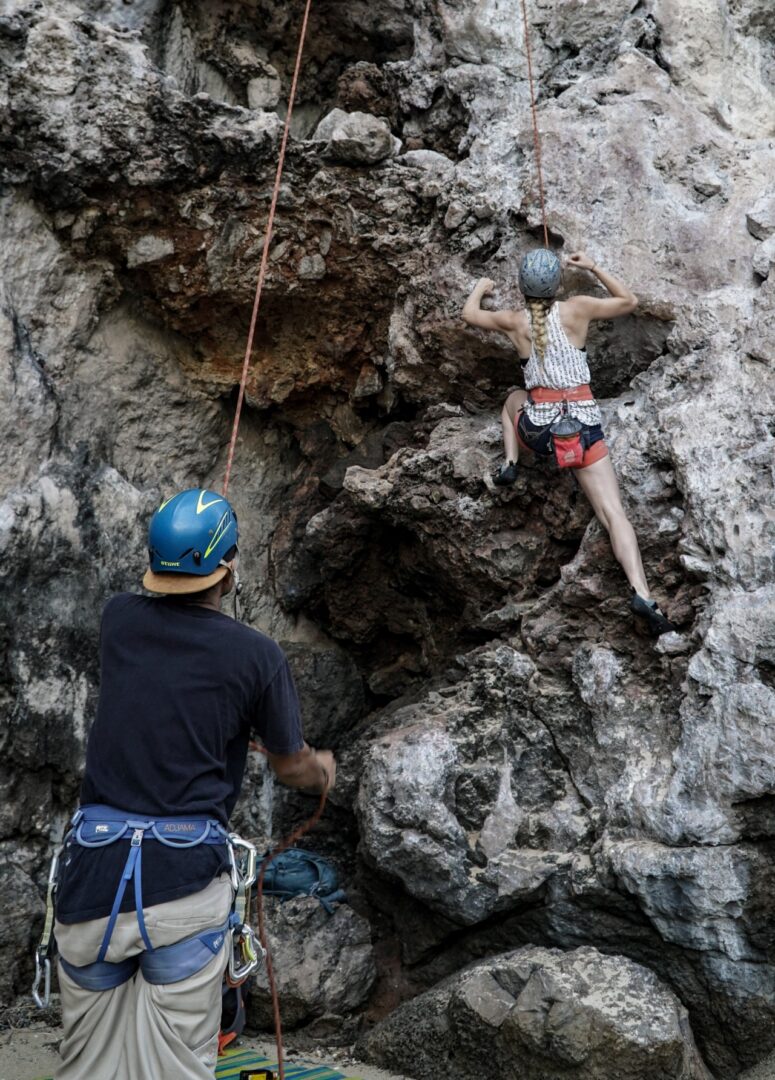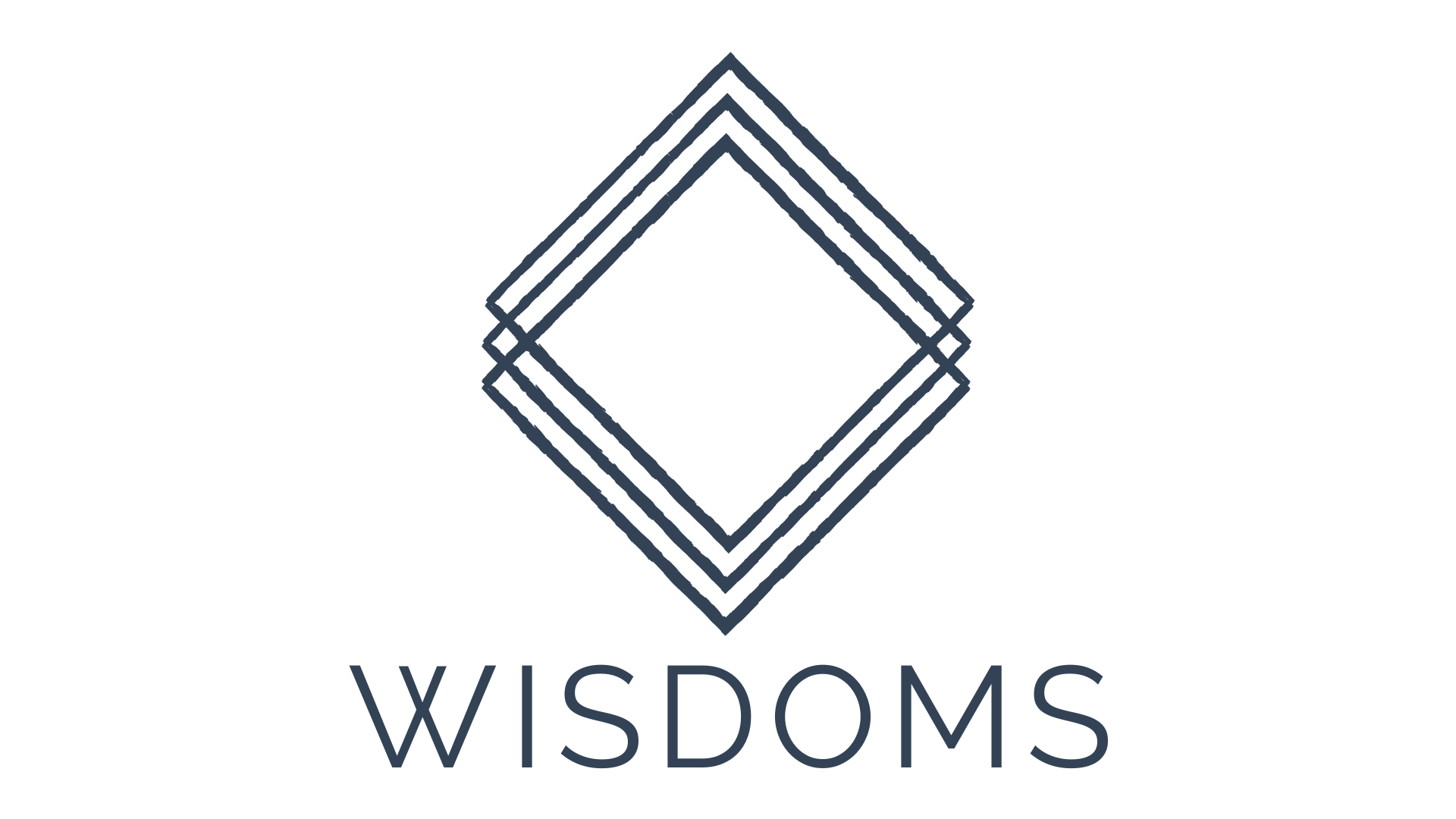Trust increases speed and decreases costs
Trust is essential but we’re not sure how to build it. Fortunately, Stephen M.R. Covey, son of Stephen Covey of Seven Habits fame, wrote a book called The Speed of Trust. In the book Covey makes the business case for trust. He illustrates over and over that high levels of trust increase the speed at which business can happen, decreasing costs and increasing productivity.
Think for a moment of your own experience. When you trusted someone absolutely versus someone else you’ve been more wary of, what was the difference in how quickly you got work done? What was the cost in time, money, resources, and/or emotional energy between working with these two different people?
One example Covey gives of how quickly business can get done when trust is implicit is of Warren Buffett completing the acquisition of McLane Distribution from Wal-Mart on the basis of a two-hour meeting. Because of the level of trust between the parties, the merger took less than a month and avoided the usual lengthy processes of due diligence and attorneys going backwards and forwards.
Test to trust
Blindly trusting because it is the best environment in which to do business is however, hardly a wise option. This would be naïve and foolish. All new relationships have to go through the ringer of suspicion and caution before trust can be established.
The rule of thumb is begin with an attitude of trust but verify. Verify doesn’t mean a police background check! It involves asking questions to get to know their thinking, getting a picture of how others view them, perhaps even checking out their Facebook page!
Sometimes it’s helpful to set a simple test, such as asking them to do something, like email you some information, and see if they follow through it. Many business people take someone they are meeting for the first time outside of their normal environment, to have a meal for example. In this way they get to see how they react to wait staff, how they possibly deal with a disappointing meal, and how they interact in a relaxed, social environment where they are more likely to be their true selves.
Building trust
But how can you build trust within your organisation, with your customers and with your team? It is not dependent on vague ideals. There are specific characteristics which undergird the practice and development of trust. Trust can be broken down into component parts, which means we can identify what needs addressing.
Covey names two key elements to trust. They are Character and Competence. Both are required. We have all met or worked with the person whom everyone loves, but no one would trust them with an important project. They are great people, but ineffective or never meet the deadline. On the other hand, there are highly efficient and effective people, who are devious and unprincipled, and as good as they are at their jobs we are uneasy in their presence.
But how do you identify, measure and improve your trustworthiness in these aspects? Covey breaks each of these two components into two further facets. Character entails integrity and intent.
Integrity relates to being true to the person you say you are. If you have integrity you keep promises, are concerned with is right rather than being right and are willing to stand up for your beliefs. Intent is about your agenda. It is if you genuinely have the best interests of others at heart.
The two aspects of competence are relevance and results. Relevance is whether your talents, skills and knowledge are appropriate to the context. They need to be current and specific to rapidly changing environments. But the proof is in the actual results. This means that you deliver what is required and when. It is about having a track record that illustrates your competency.
We cannot trust that trust will always be there. Covey has given us the bones to be able to flesh out what trust is made of. He has given us clear ways of demonstrating our trustworthiness and we can work out ways to increase trust. For there to be trust we need both character and competence.


